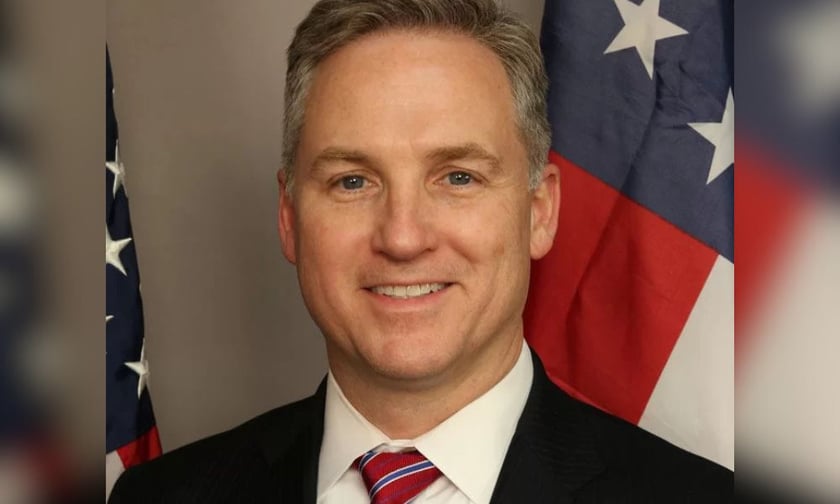

The Georgia Senate has passed legislation imposing new restrictions on third-party litigation funding, requiring funders to register with the state and comply with stricter disclosure requirements, along with increasing penalties for violations.
Senate Bill 69 mandates that third-party litigation funders register with the Georgia Department of Banking and Finance and receive authorization to operate in the state. Businesses affiliated with foreign entities would be prohibited from registering, and funders must disclose any parties holding 5% or more of their voting shares.
The legislation also restricts funders from influencing legal strategies or decisions in the cases they finance. Funders would be prohibited from paying referral fees or commissions to attorneys and from reporting consumers to credit agencies if financing is exhausted before repayment.
The bill further limits third-party financiers from collecting profits exceeding the amount a plaintiff recovers after covering legal fees and other costs, according to AM Best.
Under the legislation, third-party litigation funding agreements would be subject to discovery during litigation. However, the agreements would not automatically be admissible as evidence, though they could be introduced if deemed relevant to a party’s claims or defenses, according to the bill.
Over the past year, third-party litigation funding (TPLF) – where external financiers invest in lawsuits in exchange for a share of the proceeds – has garnered significant attention in the United States, leading to new regulations and debates over its implications.
In October 2024, US Representatives Darrell Issa and Scott Fitzgerald introduced legislation mandating the disclosure of TPLF arrangements in civil lawsuits. This move aims to enhance transparency by requiring parties to reveal financiers with rights to contingent payments and to provide related legal agreements to the court and involved parties.
Sen. John Kennedy (pictured above), a Republican representing District 18 and a sponsor of the Georgia legislation, said the bill is designed to establish safeguards for a growing industry. Kennedy said the US commercial litigation funding industry controlled approximately $15.2 billion in assets in 2023.
He said Georgia currently lacks consumer protections specifically addressing these funding agreements, leaving residents vulnerable to practices that have financially harmed "everyday" Georgians.
Kennedy referenced data from the Insurance Information Institute, which estimates that residents in the state pay $1,415 annually due to a so-called "tort tax."
He also said the civil justice system should not be treated as a lottery for litigation financiers seeking to profit from case outcomes at the expense of plaintiffs.
The bill is part of a broader tort reform initiative being advanced in Georgia. Gov. Brian Kemp has identified tort reform as a key legislative priority for the current session.
Following the bill’s passage, Kemp said in a statement that the Senate’s unanimous approval of SB 69 sends the second part of the state’s tort reform package to the House. Kemp thanked those who have supported the reforms, saying business owners across Georgia have made clear that the changes are needed.
What are your thoughts on this story? Please feel free to share your comments below.
